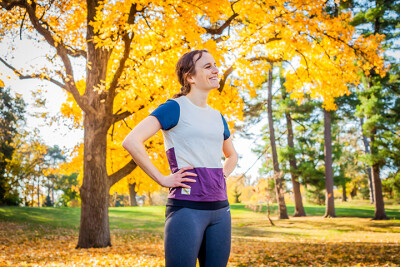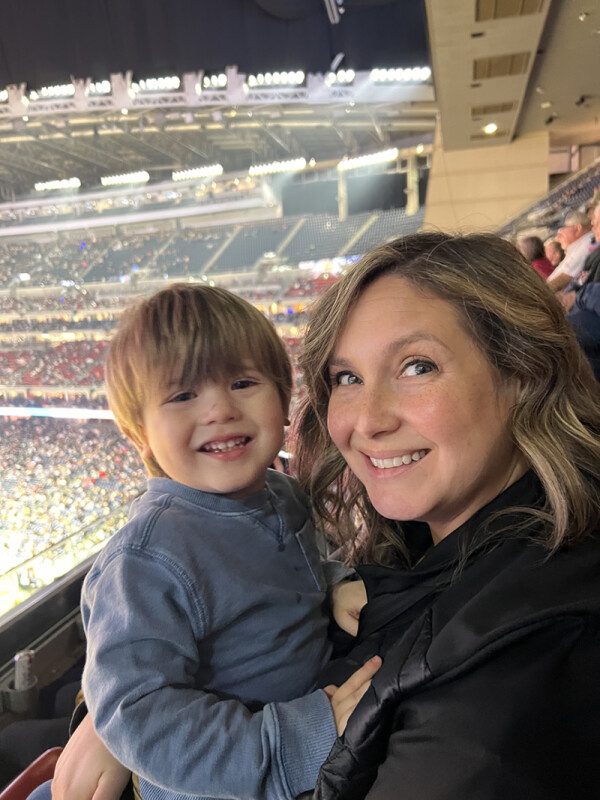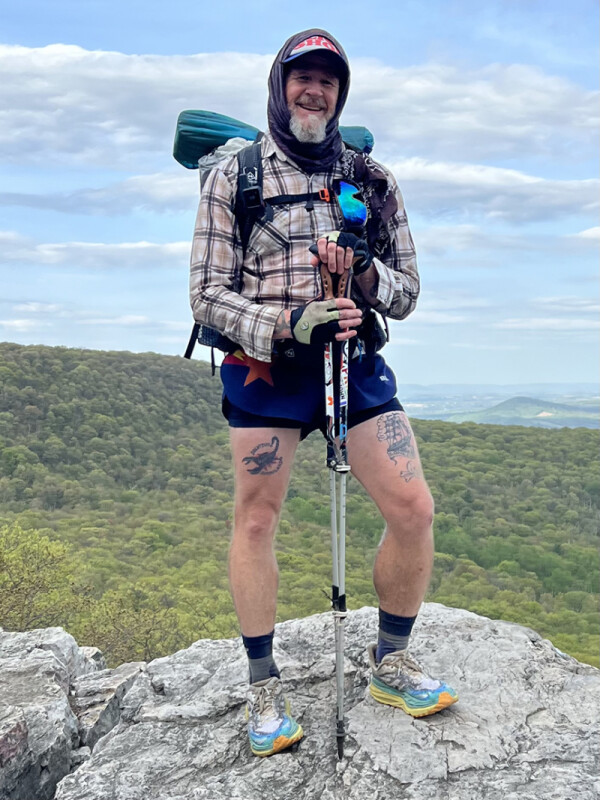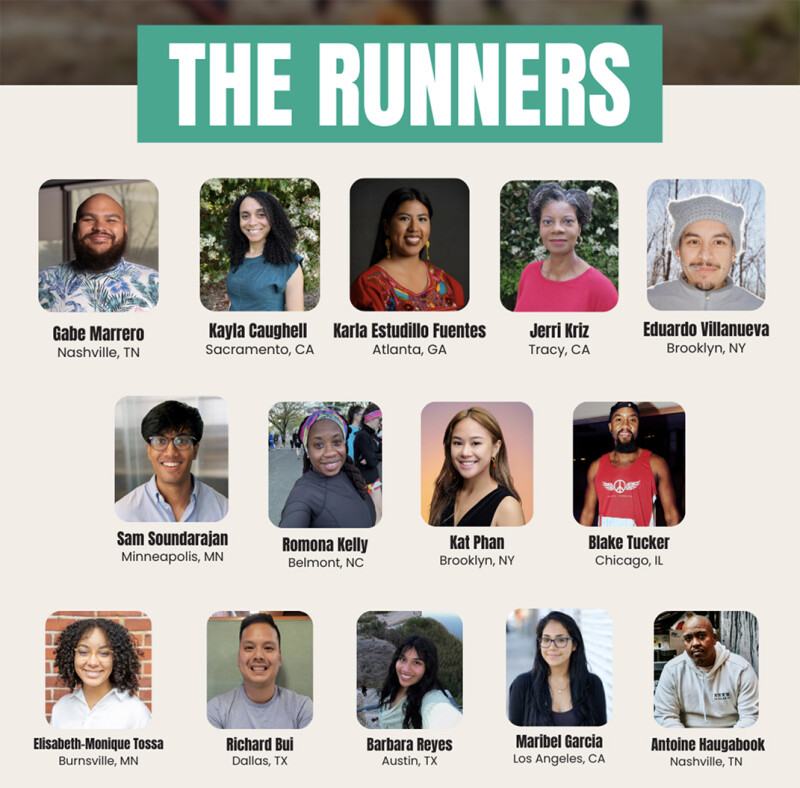I call myself an environmentalist — people know I am passionate about sustainability and for that reason most of the time when I come into contact with another human who knows me, they immediately look uncomfortable as they try to explain something about themselves or their choices that they feel guilty about.
Uhhh, I uhhhh, got this water bottle yesterday, because, uhhhh, I hadn’t drunk anything in four hours and just needed something or I was going to pass out. I have been using it since, honest!
I brought these cookies over in a Ziplock bag; I am sorry, I know I shouldn’t be using those, but this is an old pack I am still using up!
I bought pre-cut fruit; I didn’t want to, but all the pineapples were unripe and I really needed them today. I am sorry!
The thing is, while these friends and acquaintances are feeling extreme guilt for their behaviors at that moment, I am not judging them. Why? Because they live in the same world I do and that world is not built for a circular economy where it is easy to reuse things and minimize impact.
Our world does not reward those who put sustainability first; in fact, it punishes them with higher prices and slapping a label on them that they are “awkward.”
People rolling their eyes at me for requesting not to have extra packaging, bags or containers is something I have gotten used to (and I’ll admit, sometimes now enjoy). The parents of my daughters’ school friends must think I am endlessly trying to make life difficult for them by changing the way “things have always been done.” That, of course, is not actually true; we have only lived like this for 50 years. The rest of the time, until the mass introduction of plastics, humanity has lived on our planet in a sustainable way.
Living In Today’s Reality
But this is our current reality and I too purchase my yogurt in plastic tubs, my spinach in plastic containers and often open items that are wrapped in an unrecyclable film. I too sometimes forget my reusable water bottle. In fact, as I arrived at the Amtrak station here in St Louis before I boarded the train to head up to Chicago to work with the Chicago Marathon sustainability team, I realized I had forgotten my water bottle. I found my daughter’s princess water bottle and was able to use that, but had I remembered a few minutes later I would have been a plastic water bottle user for the next five days.
The point is, as long as we are told that the climate crisis is on us, that our individual behaviors are what are causing all the problems, that we just need to do better, plan ahead and not purchase items that are harmful, the less change actually happens. The reality is, most of the impact is not on us.
In fact, 70 percent of global emissions emitted since 1988 have come from 100 companies. From the perspective of those 100 companies, the more that individuals are squabbling and pointing fingers about who is more “eco-friendly” or sustainable, the better. The more ashamed that individuals feel for using a Ziplock bag, the more quiet they will stay. That means fewer eyeballs looking directly at them to make the necessary and deeply impactful changes.
If we feel paralyzed by the overwhelming problem in front of us that is climate change, if we feel guilt for being powerless to change anything, or do not have the financial means to make the changes we wish (I still do not drive an electric car; I wish I could afford it!), then we are allowing the status quo to continue.
Speaking up in a setting like a town hall meeting or at a school board meeting may be overwhelming and far too intimidating, but sending a tweet to your favorite brand asking them when they are going to display their carbon number might be something you could do.
Calling up your senator to let them know you would like them to approve a bill related to green energy that is on their desk may be too much, but sending an email to their office might be realistic.
Just last week, I emailed my daughter’s school and asked if I could go in to talk to them about sustainability. I knew they had composted onsite in the past, but had stopped in the early days of the pandemic. It turned out that they had intended to bring it back, but just had not done it yet. The simple act of giving 30 minutes of my time to talk to the principal led to them making the phone calls and signing the contracts to get it back on track.
Food waste is one of the biggest methane emitters in the world, especially food waste rotting inside plastic bags in a landfill. Methane is about 30 times more potent than CO2 over the span of a century and as food waste accounts for 24 percent of landfill waste and 22 percent of combusted municipal solid waste each year, it is something we can address to reduce our global emissions quickly. This also has the additional benefit of teaching the next generation about how to dispose of food waste responsibly and learn about the food supply chain.
Maybe you aren’t there, but you could compost at home through a composting service that picks up your compost each week or do the research to compost at home.
Just Doing Something
The point is, start somewhere that feels right for you — and talk about it when you do. Taking recyclable bags and produce bags to the grocery store (and reminding others to take theirs) might inspire others in the store to do the same. It also helps to normalize this behavior as something we can all be doing.
Making one day a week meat-free (or increasing your meat-free days by one) can have a big impact, especially if you explain to others why you are making this choice. According to Drawdown: The Most Comprehensive Plan Ever Proposed to Reverse Global Warming, adopting a plant-rich diet is the third most important (and biggest emission-saving) solution, but you do not have to jump right in; reduction in any form is only going to help. According to Earth Day Network, eating one less burger a week saves the equivalent emissions of taking your car off the road for 320 miles.
Over the coming days, begin thinking about where you can make small shifts — and if you need a little help, I have a 100 Days of Sustainability challenge, which gives small tweaks that you can make to be more environmentally conscious. The point here is not to check off all 100 (not even I have done that), but to give ideas and bring awareness to the decisions in our daily lives.
The biggest thing we can do to be environmental advocates though? Talk about it. Whatever decisions and changes you make in your life, share about the positive influence they have had on you within your community, within your neighborhood, online, or wherever else you spend time. Most people are looking for ideas and ways that they can feel like they are a part of the solution rather than a part of the problem and your inspiration kickstarts them into making changes.
Once we start taking action, we feel good and the guilt fades away. Shame thrives in the dark; don’t let perfectionism hold you back from taking the first step. That is what the fossil fuel industry wants; it is time to end the manipulation. Start somewhere, anywhere, then share it out.
About the author
Tina Muir is the founder and CEO of Running for Real, host of the award-winning podcast of the same name and co-host of Running Realized. She is a mother of two and a former elite runner for Great Britain and Northern Ireland. An ardent environmentalist, she has worked with the United Nations and the New York and Chicago marathons on sustainability initiatives. Tina was the first elite athlete to openly discuss having amenorrhea and has become an advocate for others suffering from RED-S. Instagram @tinamuir88






